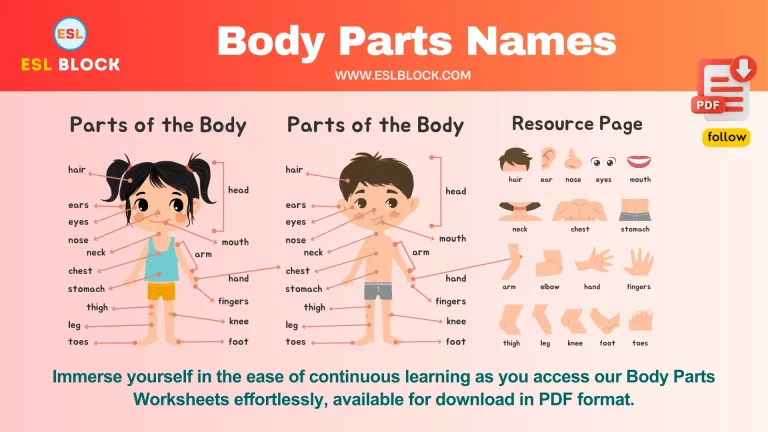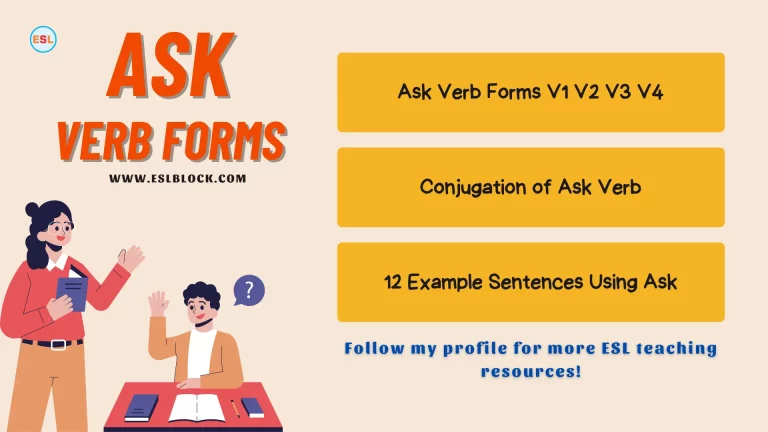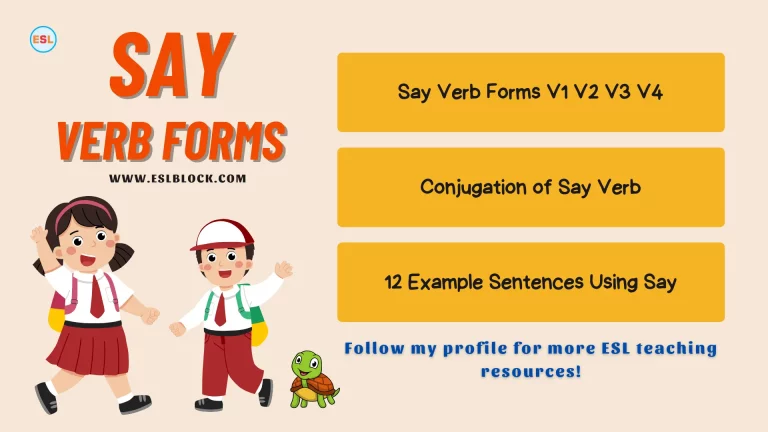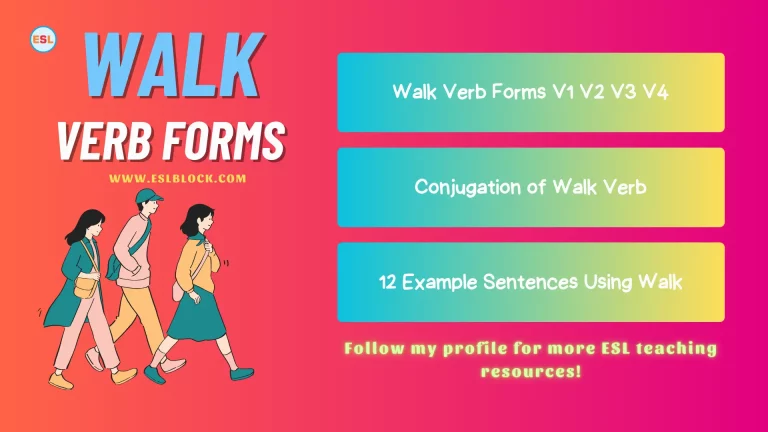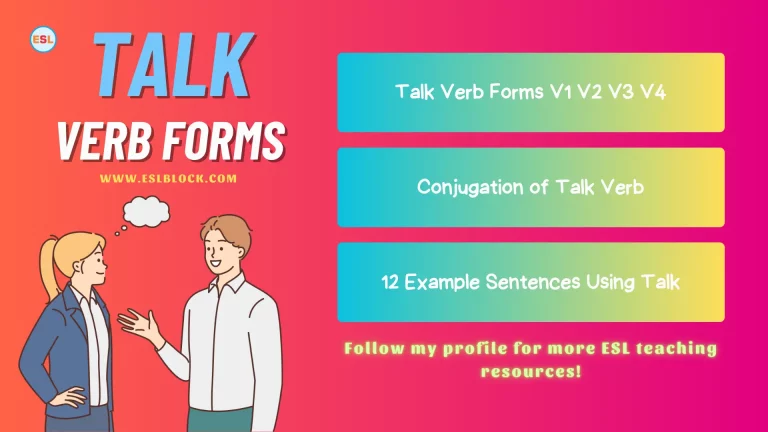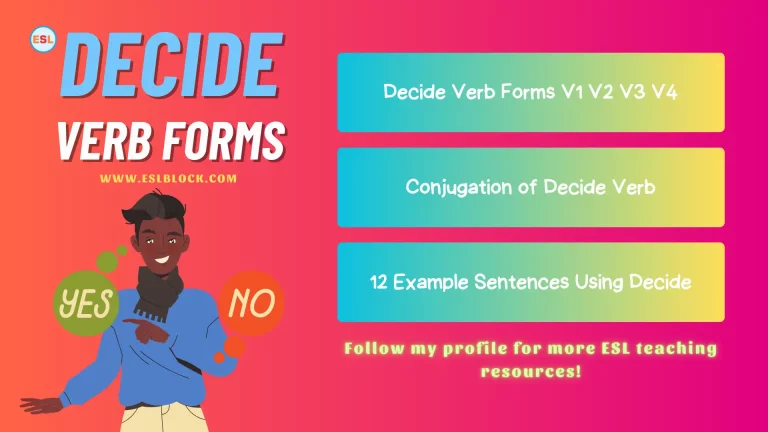Past progressive Tense Definition With Examples
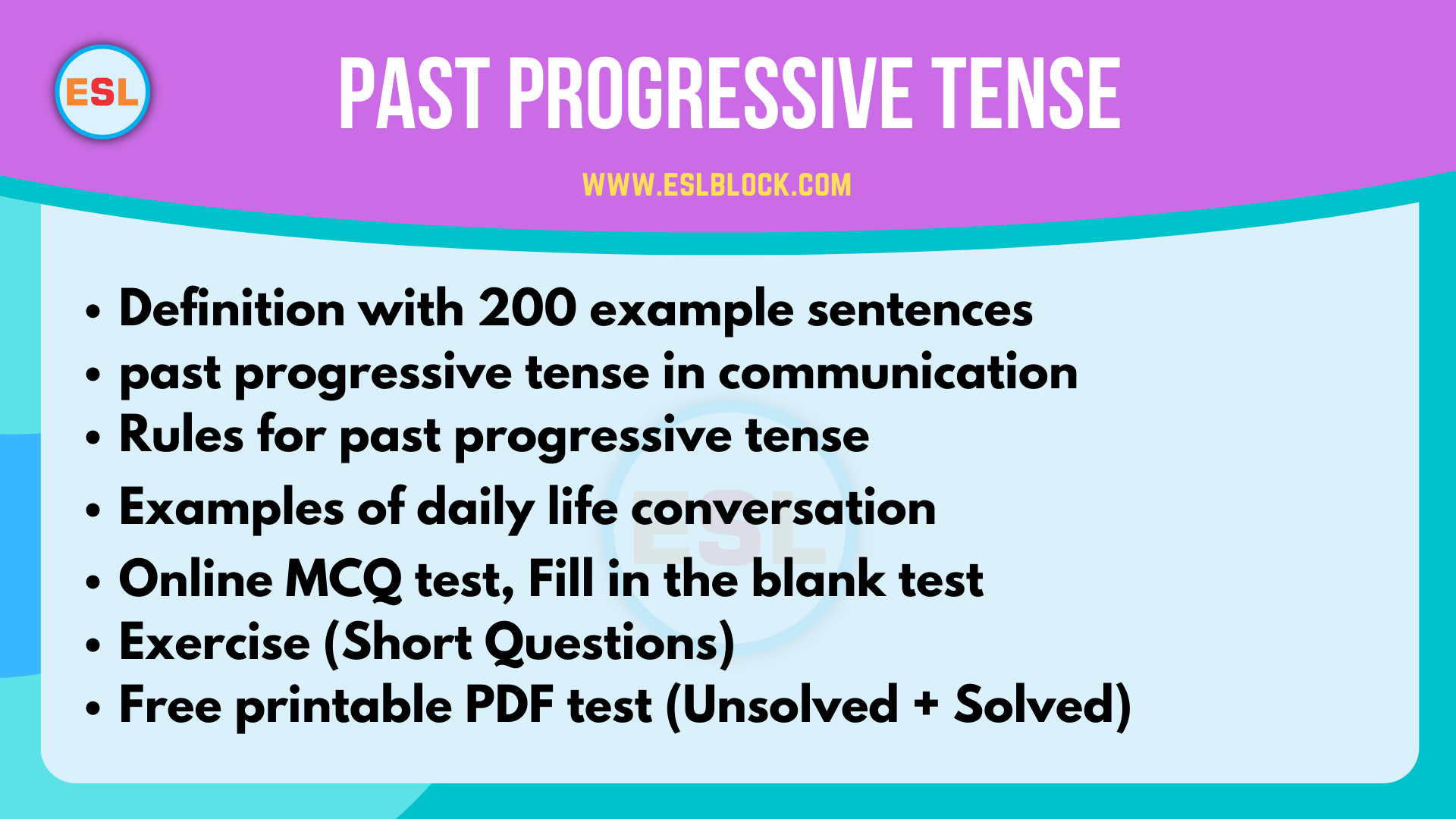
The past progressive tense is a grammatical form used to describe an action that was in progress at a specific time in the past. It is often used to describe a background action or to show that two past actions were happening at the same time.
The past progressive tense is formed by using the auxiliary verb “was” or “were” + the present participle (-ing) of the main verb. For example, “I was eating” or “They were talking.” This grammatical form emphasizes the duration of the action in the past.
Explanation of when to use the past progressive tense: The past progressive tense is often used to describe a background action or to show that two past actions were happening at the same time. For example, “While I was studying, my roommate was watching TV.” This sentence shows that both actions were happening simultaneously in the past.
Read also: Personal Injury Lawyer Greenville NC
Common verb forms used in the past progressive tense: Common verb forms used in the past progressive tense include “was studying,” “were talking,” “was eating,” and “were listening.” These verb forms are used to describe actions that were in progress at a specific time in the past. The past progressive tense is an important aspect of English grammar, and it’s important to master it to communicate effectively in English.
Read also: Types of Sentences Worksheets
How to form Past Progressive Tense?
The past progressive tense is formed by using the auxiliary verb “was” or “were” and the present participle of the main verb. For example, “I was running” or “They were singing.” This grammatical form is used to describe an action that was in progress at a specific time in the past.
To create the past progressive tense, the auxiliary verb “was” or “were” is used depending on the subject, followed by the present participle of the main verb. For example, “I was studying” or “They were dancing.” This grammatical form is used to describe an action that was ongoing in the past.
Examples of past progressive verb forms include “was reading,” “were swimming,” “was writing,” and “were cooking.” These verb forms are used to describe actions that were taking place at a specific time in the past. To communicate effectively, it’s essential to know how to use these verb forms correctly.
Some common irregular verb forms in the past progressive tense include “was going,” “were being,” “was having,” and “were doing.” These forms are formed by using the auxiliary verb “was” or “were” + the present participle of the main verb, but unlike regular verb forms, they don’t follow the same rule. It’s important to master these irregular forms to fully understand the past progressive tense.
Rules for affirmative sentences
The past progressive tense can be used to create affirmative sentences that describe an action that was in progress at a specific time in the past. To form an affirmative sentence, use the auxiliary verb “was” or “were” followed by the present participle of the main verb. For example, “I was playing” or “They were working.”
Here are ten example sentences in the past progressive tense in affirmative form:
- He was watching TV when I arrived.
- I was studying for my exam when my friends called.
- They were having a party when the police arrived.
- She was cooking dinner when the fire alarm went off.
- He was walking in the park when it started to rain.
- I was working on my project when my computer crashed.
- They were dancing at the club when the lights went out.
- She was reading a book when I knocked on her door.
- He was listening to music when the phone rang.
- I was sleeping when the earthquake happened.
Rules for negative sentences
The past progressive tense can also be used to create negative sentences that describe an action that was not in progress at a specific time in the past. To form a negative sentence, use the auxiliary verb “was not” or “were not” followed by the present participle of the main verb. For example, “I was not playing” or “They were not working.”
- He was not watching TV when I arrived.
- I was not studying for my exam when my friends called.
- They were not having a party when the police arrived.
- She was not cooking dinner when the fire alarm went off.
- He was not walking in the park when it started to rain.
- I was not working on my project when my computer crashed.
- They were not dancing at the club when the lights went out.
- She was not reading a book when I knocked on her door.
- He was not listening to music when the phone rang.
- I was not sleeping when the earthquake happened.
Rules for interrogative sentences
The past progressive tense can also be used to create interrogative sentences that ask about an action that was in progress at a specific time in the past. To form an interrogative sentence, use the auxiliary verb “was” or “were” at the beginning of the sentence, followed by the subject and the present participle of the main verb. For example, “Was I playing?” or “Were they working?”
- Was he watching TV when you arrived?
- Was I studying for my exam when my friends called?
- Were they having a party when the police arrived?
- Was she cooking dinner when the fire alarm went off?
- Was he walking in the park when it started to rain?
- Was I working on my project when my computer crashed?
- Were they dancing at the club when the lights went out?
- Was she reading a book when you knocked on her door?
- Was he listening to music when the phone rang?
- Was I sleeping when the earthquake happened?
Short Paragraphs for using the Past Progressive Tense
I was running late for my meeting when my phone rang. It was my boss, reminding me of the time and place. I quickly finished getting ready and left for the meeting, still out of breath from my run. I arrived at the meeting just in time, and my boss didn’t even mention my tardiness.
While I was cooking dinner, my kids were playing in the living room. I could hear them laughing and having fun, and it made me happy to know they were enjoying themselves. I was worried that they would get bored and start fighting, but they seemed to be having a great time. I finished cooking and we all sat down to eat together.
I was walking home from work when I saw an old friend on the street. We hadn’t seen each other in years, and we were both surprised to run into each other. We stopped to chat and catch up, reminiscing about old times. I was happy to see my friend again, and we made plans to meet up soon.
While I was working on my presentation, I heard a knock on the door. It was my colleague, who wanted to ask me a question about the project. I was in the middle of a thought and didn’t want to be interrupted, but I knew it was important to help my colleague. I paused my work and we spent some time discussing the project together.
I was sitting at the park, enjoying the beautiful weather when I saw a family having a picnic. They had a big blanket spread out on the grass, and there were sandwiches and drinks. I was feeling a bit lonely, and I couldn’t help but feel envious of their happy family gathering. I decided to pack up my things and head home.
Examples of Past Progressive Tense in everyday situations
- I was watching television when you called.
- She was studying for her exam when her phone rang.
- They were playing video games when I came home.
- I was cooking dinner when the power went out.
- He was mowing the lawn when the storm started.
- We were having a conversation when the fire alarm went off.
- They were dancing at the club when the music stopped.
- I was taking a shower when the dog started barking.
- She was doing her hair when the bus arrived.
- He was working on his car when the neighbors started complaining about the noise.
- I was reading a book when my friend came over.
- She was exercising when she felt a pain in her leg.
- They were playing soccer when the rain started.
- I was writing an email when my computer froze.
- He was watching the game when the power went out.
- We were having a meeting when the fire alarm went off.
- They were listening to music when the police arrived.
- I was doing my homework when my parents came home.
- She was taking a nap when her alarm clock went off.
- He was washing the dishes when the water stopped.
- I was cleaning the house when my phone rang.
- She was studying for her test when her boyfriend called.
- They were playing video games when the power went out.
- I was cooking dinner when the smoke alarm went off.
- He was mowing the lawn when the storm started.
- We were having a conversation when the phone rang.
- They were dancing at the party when the music stopped.
- I was taking a shower when I heard a knock on the door.
- She was doing her hair when the bus arrived.
- He was working on his car when the neighbors started complaining about the noise.
- I was watching a movie when my sister came in.
- She was exercising when she felt a pain in her chest.
- They were playing soccer when the rain stopped.
- I was writing an email when my computer shut off.
- He was watching the game when the power came back on.
- We were having a meeting when the fire alarm was silenced.
- They were listening to music when the police left.
- I was doing my homework when my parents went to bed.
- She was taking a nap when her alarm clock woke her up.
- He was washing the dishes when the water came back on.
- I was folding laundry when the phone rang.
- She was studying for her test when her friend came over.
- They were playing video games when the power came back on.
- I was cooking dinner when the smoke alarm was silenced.
- He was mowing the lawn when the storm passed.
- We were having a conversation when the phone was answered.
- They were dancing at the party when the music started again.
- I was taking a shower when I heard a noise outside.
- She was doing her hair when the bus was late.
- He was working on his car when the neighbors stopped complaining about the noise.
- I was listening to music when my boss called me.
- She was making breakfast when the power went out.
- They were playing cards when the doorbell rang.
- I was doing laundry when my phone died.
- He was fixing the leaky faucet when the plumber arrived.
- We were having a picnic when the ants started crawling on the blanket.
- They were playing in the park when the sun set.
- I was studying for my final exam when my roommate came home.
- She was ironing her clothes when the iron broke.
- He was mending the fence when the wind blew it down.
- I was jogging when the rain started.
- She was knitting when the yarn ran out.
- They were playing video games when the internet went out.
- I was making dinner when the oven broke.
- He was working on his car when the battery died.
- We were having a barbecue when the grill ran out of gas.
- They were playing in the pool when the chlorine ran out.
- I was playing guitar when my fingers started to hurt.
- She was painting when the paint ran out.
- He was mowing the lawn when the mower broke.
- I was watching a movie when the DVD player stopped working.
- She was studying for her test when the library closed.
- They were playing video games when the controller broke.
- I was making a cake when the mixer broke.
- He was working on his car when the jack slipped.
- We were having a picnic when the ants started crawling on the food.
- They were playing in the park when the playground equipment broke.
- I was studying for my final exam when my teacher called.
- She was ironing her clothes when the ironing board broke.
- He was mending the fence when the hammer broke.
- I was jogging when my shoelace came untied.
- She was knitting when the needle broke.
- They were playing video games when the console overheated.
- I was making dinner when the pot boiled over.
- He was working on his car when the oil ran out.
- We were having a barbecue when the charcoal ran out.
- They were playing in the pool when the pool pump broke.
- I was playing guitar when my guitar string broke.
- She was painting when the brush broke.
- He was mowing the lawn when the blade broke.
- I was watching a movie when the screen went black.
- She was studying for her test when her pen ran out of ink.
- They were playing video games when the computer froze.
- I was making a cake when the recipe was wrong.
- He was working on his car when the socket wrench broke.
- We were having a picnic when the ants started crawling on the blanket.
- They were playing in the park when the park closed.
- I was studying for my final exam when my notes got lost.
- She was ironing her clothes when the iron caught fire.
- He was mending the fence when the wood broke.
Use of past progressive tense in daily conversation
- Oliver: “What were you doing when I called you earlier?”
- Isabella: “I was just about to leave the office, I was finishing up some work.”
- Oliver: “I saw you at the mall, what were you shopping for?”
- Isabella: “I was looking for a new dress, I had a party to attend later that night.”
- Oliver: “I heard you talking on the phone, who were you speaking with?”
- Isabella: “I was talking to my sister, she was asking me for advice on what to wear to her job interview.”
- Oliver: “How was your day today?”
- Isabella: “It was good, I was meeting with clients in the morning and then I was preparing for a presentation in the afternoon.”
- Oliver: “What were you doing when I came home?”
- Isabella: “I was making dinner, I was cooking some pasta and a salad.”
- Oliver: “I saw you at the gym, what were you doing there?”
- Isabella: “I was taking a yoga class, I was trying to relax after a busy day at work.”
- Oliver: “I heard you practicing your guitar, what song were you playing?”
- Isabella: “I was practicing a new song I learned, I was trying to perfect it before our band’s next performance.”
- Oliver: “How was your weekend?”
- Isabella: “It was great, I was visiting my grandparents in the countryside and I was relaxing by the lake.”
- Oliver: “What were you doing when the power went out?”
- Isabella: “I was doing laundry, I was trying to get it done before the storm hit.”
- Oliver: “I saw you at the park, what were you doing there?”
- Isabella: “I was taking a walk and enjoying the nice weather, I was trying to clear my head after a long week.”
Questions and answers about past progressive tense
Q: What is the past progressive tense used for?
A: The past progressive tense is used to describe an action that was in progress at a specific time in the past. It is often used to describe a background action or to show that two past actions were happening at the same time.
Q: How is the past progressive tense formed?
A: The past progressive tense is formed by using the auxiliary verb “was” or “were” and the present participle of the main verb. For example, “I was running” or “They were singing.”
Q: How is the past progressive tense different from the simple past tense?
A: The past progressive tense is used to describe an action that was in progress at a specific time in the past, while the simple past tense is used to describe a completed action in the past. For example, “I was studying” vs “I studied.”
Q: Are there any irregular verb forms in the past progressive tense?
A: Yes, there are some irregular verb forms in the past progressive tense, such as “was going,” “were being,” “was having,” and “were doing.” These forms are formed by using the auxiliary verb “was” or “were” + the present participle of the main verb, but they don’t follow the same rule as regular verb forms.
Q: Can the past progressive tense be used in negative or interrogative sentences?
A: Yes, the past progressive tense can be used in negative and interrogative sentences. To form a negative sentence, use the auxiliary verb “was not” or “were not” followed by the present participle of the main verb. To form an interrogative sentence, use the auxiliary verb “was” or “were” at the beginning of the sentence, followed by the subject and the present participle of the main verb.
Fill in the blank questions about past progressive tense
Fill-in-the-blank exercises are a great way to practice using the past progressive tense. These exercises provide you with a sentence that is missing a verb, and you must fill in the blank with the past progressive form of the verb.
- “While I _____ (to walk/was walking) in the park, I saw a beautiful butterfly.”
- “She _____ (to study/was studying) for her exam when her phone rang.”
- “They _____ (to play/were playing) soccer in the field when it started to rain.”
- “I _____ (to read/was reading) a book when my sister came in.”
- “He _____ (to cook/was cooking) dinner when I arrived home.”
- “We _____ (to swim/were swimming) in the pool when the storm hit.”
- “They _____ (to dance/were dancing) at the party when the music stopped.”
- “I _____ (to write/was writing) an email when my computer crashed.”
- “She _____ (to shop/was shopping) for groceries when her car broke down.”
- “He _____ (to exercise/was exercising) at the gym when he received a call.”
- The children _____________ (were playing/played) outside when it started to rain.
- I _____________ (was studying/studied) for my exam when my friends called.
- She _____________ (was cooking/cooked) dinner when the fire alarm went off.
- They _____________ (were dancing/danced) at the club when the lights went out.
- He _____________ (was reading/read) a book when I knocked on his door.
- I _____________ (was sleeping/slept) when the earthquake happened.
- She _____________ (was talking/talked) on the phone when I walked in the room.
- We _____________ (were watching/watched) a movie when the power went out.
- He _____________ (was walking/walked) in the park when it started to rain.
- They _____________ (were having/had) a party when the police arrived.
Answer:
- While I was walking in the park, I saw a beautiful butterfly.
- She was studying for her exam when her phone rang.
- They were playing soccer in the field when it started to rain.
- I was reading a book when my sister came in.
- He was cooking dinner when I arrived home.
- We were swimming in the pool when the storm hit.
- They were dancing at the party when the music stopped.
- I was writing an email when my computer crashed.
- She was shopping for groceries when her car broke down.
- He was exercising at the gym when he received a call.
- The children were playing outside when it started to rain.
- I was studying for my exam when my friends called.
- She was cooking dinner when the fire alarm went off.
- They were dancing at the club when the lights went out.
- He was reading a book when I knocked on his door.
- I was sleeping when the earthquake happened.
- She was talking on the phone when I walked in the room.
- We were watching a movie when the power went out.
- He was walking in the park when it started to rain.
- They were having a party when the police arrived.
Conclusion
The past progressive tense is a grammatical form used to describe an action that was in progress at a specific time in the past. It is formed by using the auxiliary verb “was” or “were” and the present participle of the main verb. It is important to understand the use of past progressive tense to communicate effectively in English.
In this post, we have covered the definition, formation and usage of past progressive tense. We have also discussed the difference between past progressive and simple past tense, common irregular verb forms and rules for affirmative, negative and interrogative sentences. We have also provided examples and practice exercises to help you master the past progressive tense.
Encouragement to continue practicing and mastering the past progressive tense: Mastering the past progressive tense is an important step towards becoming a proficient English speaker. Keep practicing and experimenting with different verb forms and sentence structures, and don’t be afraid to make mistakes. With time, patience and practice, you will become more confident and proficient in using the past progressive tense.
If you have enjoyed “past progressive tense,” I would be very thankful if you’d help spread it by emailing it to your friends or sharing it on Twitter, Instagram, Pinterest, or Facebook. Thank you!
With ESLBLOCK, you will study with new ideas. If you doubt the qualities of the past progressive tense, reach us through our blog’s comment section. Keep checking back! We’ll do our best to give you feedback as soon as possible. Thank you!
Related Articles
Here are some more lists for you!
- List of Fish: Types of Fish with Interesting Facts and Pictures
- List of Mollusks | Types of Mollusks with Interesting Facts
- List Of Farm Animals: Different Types of Farm Animals
- Shellfish | List of Shellfish with Interesting Facts

